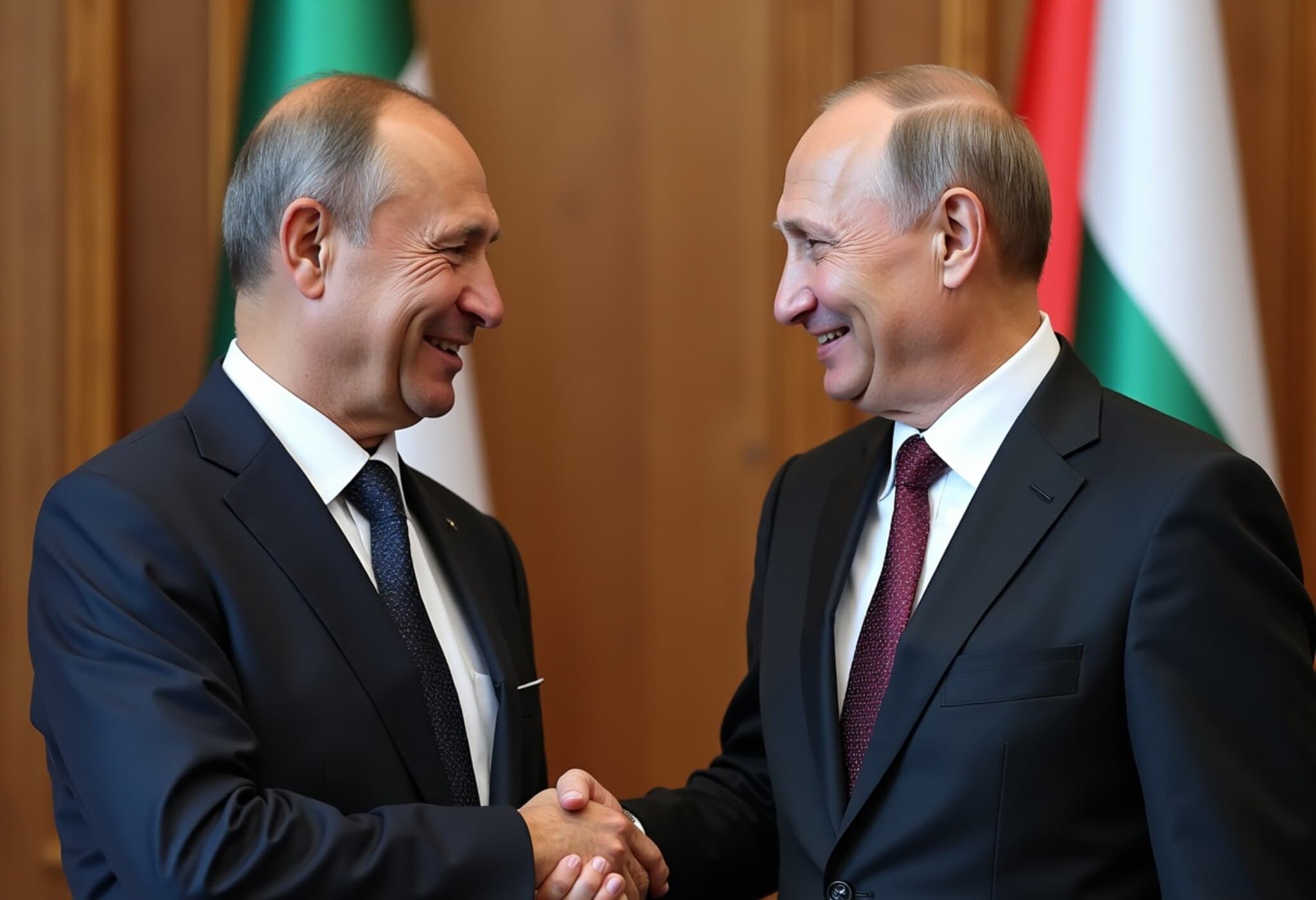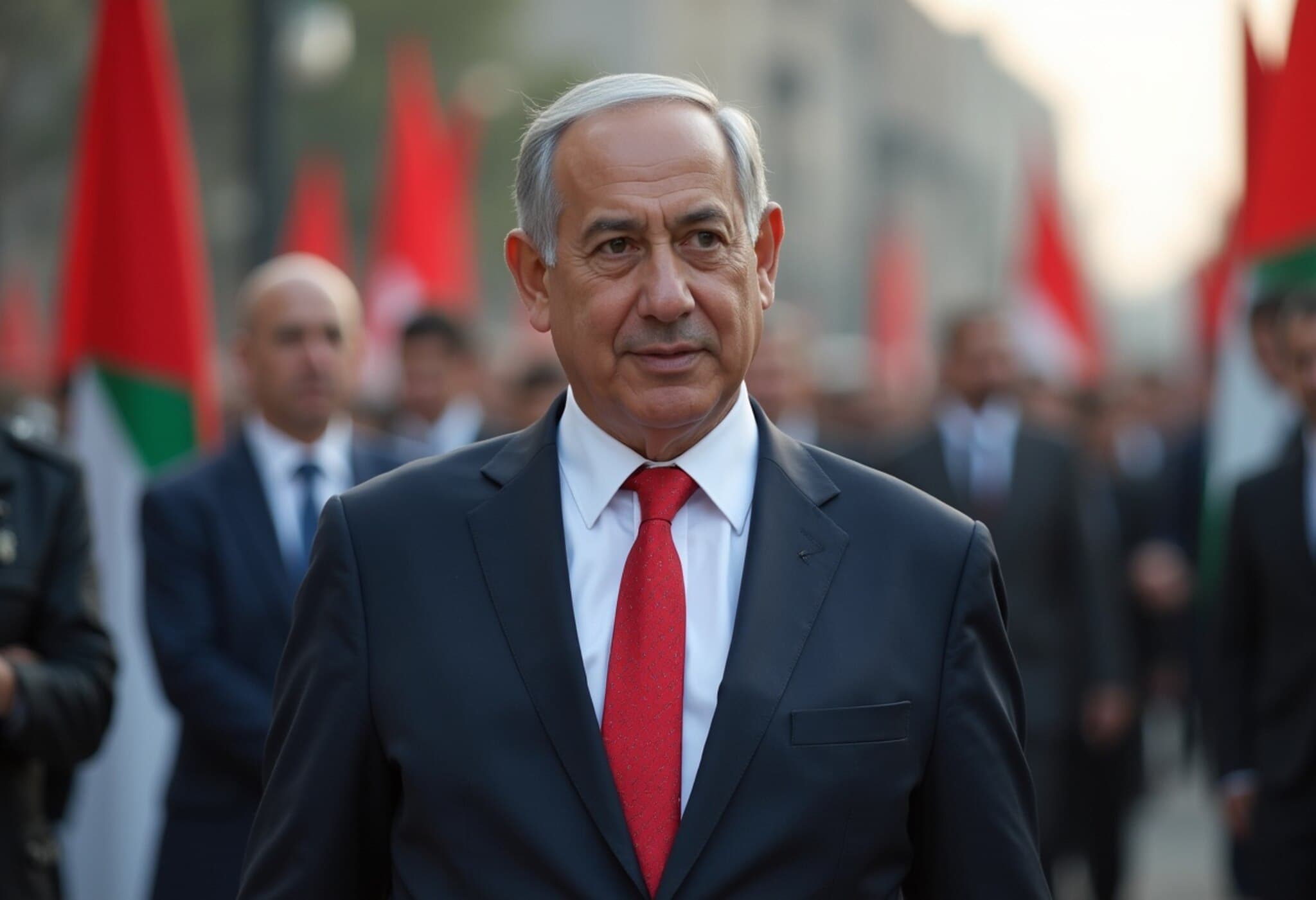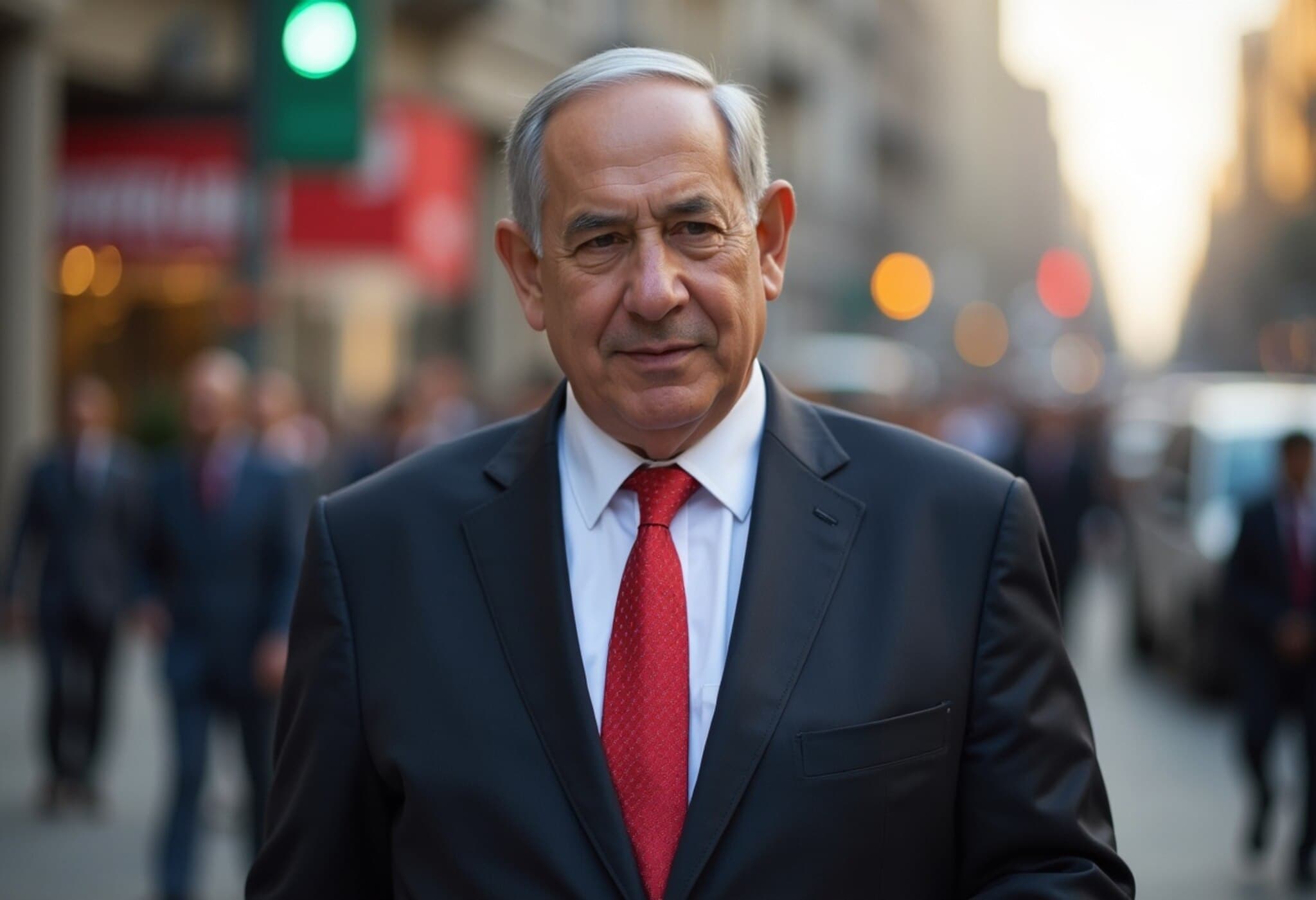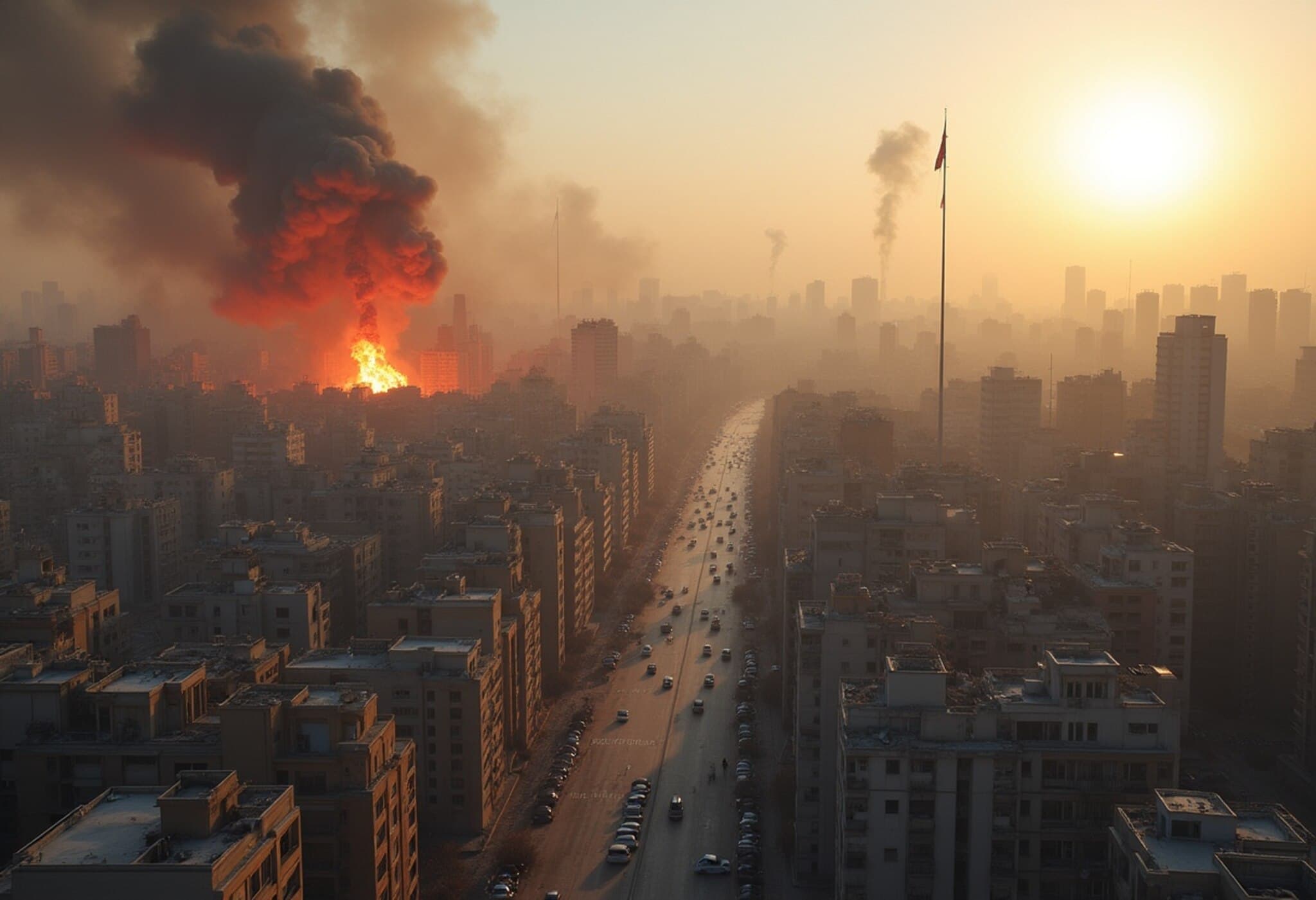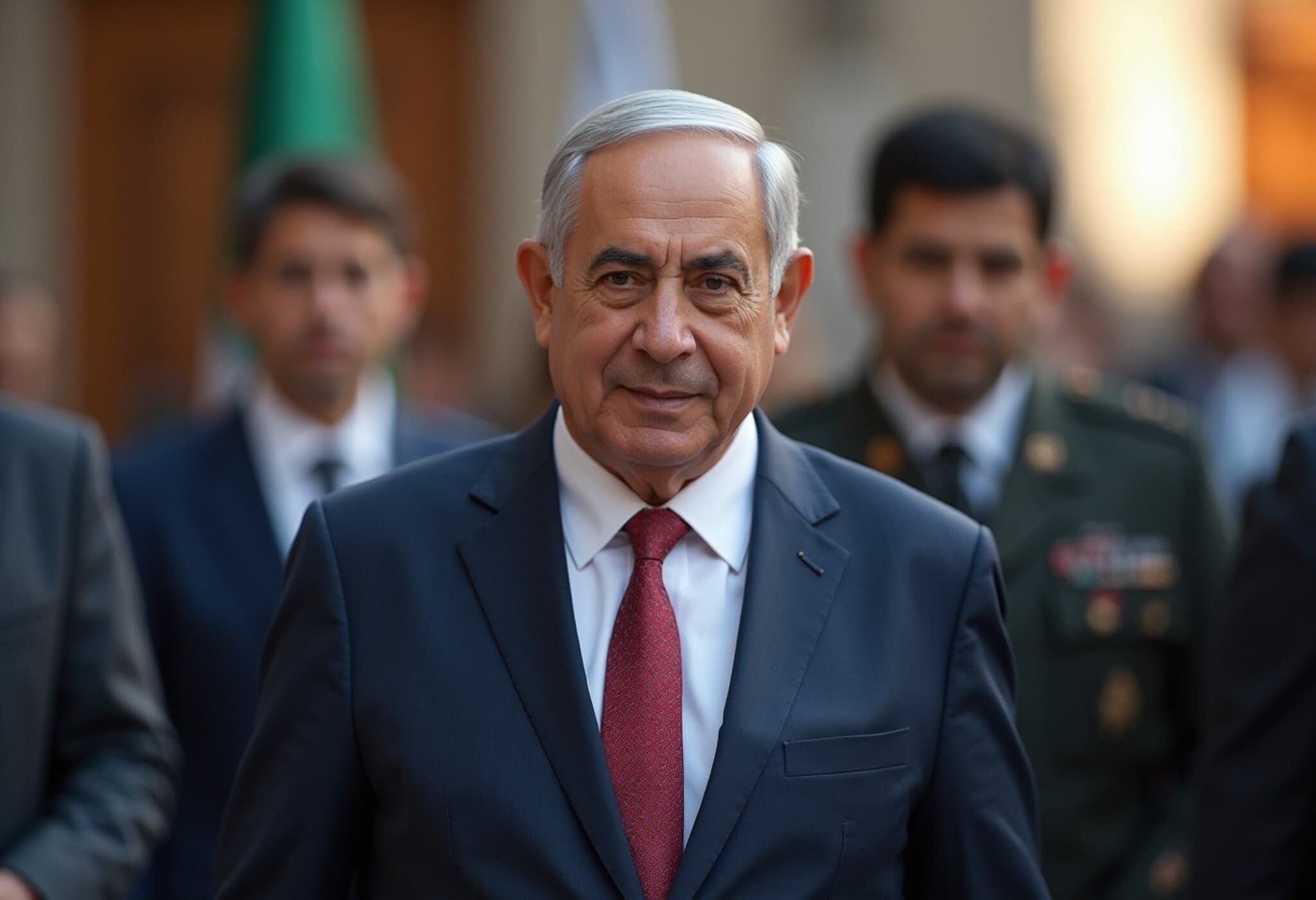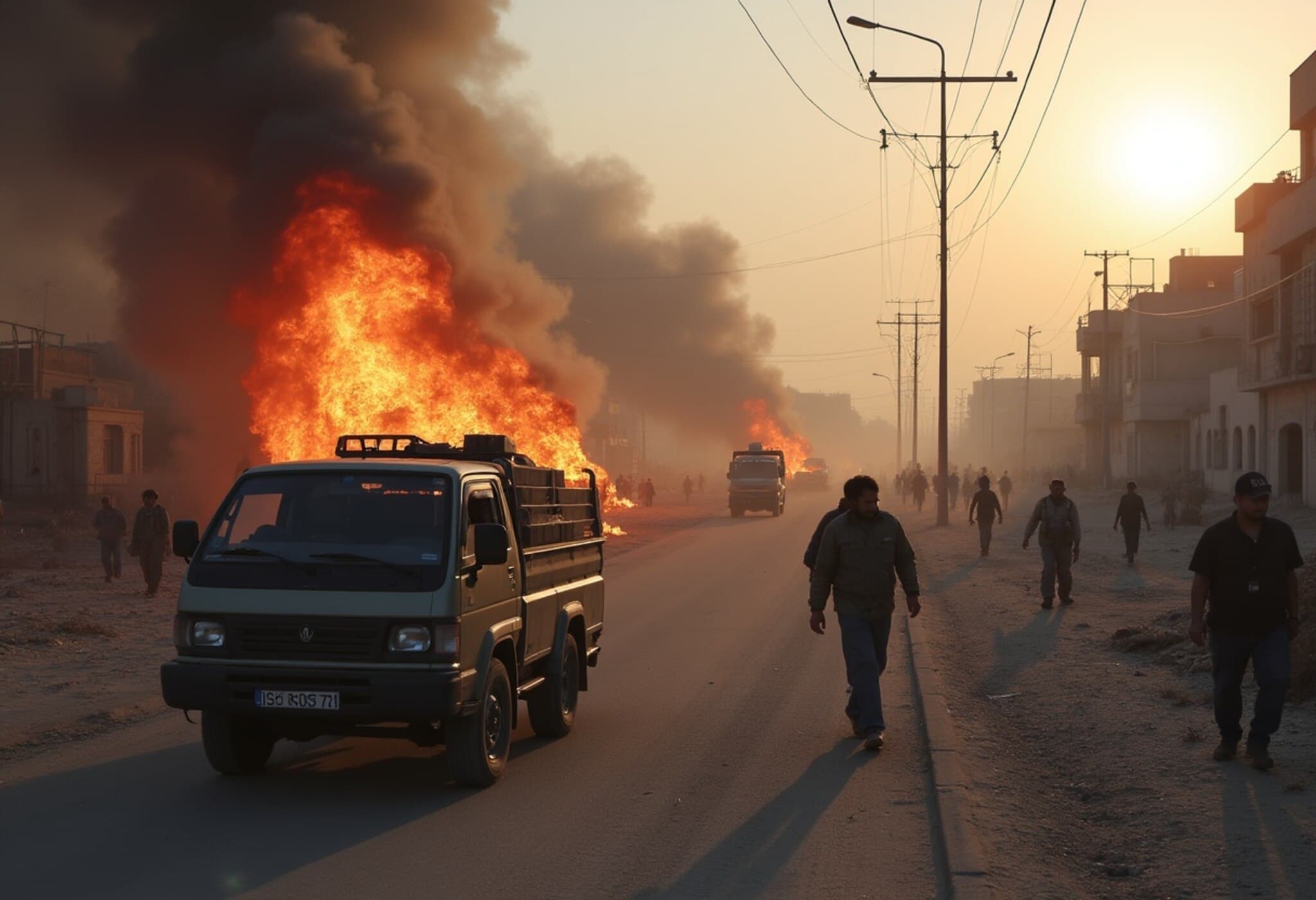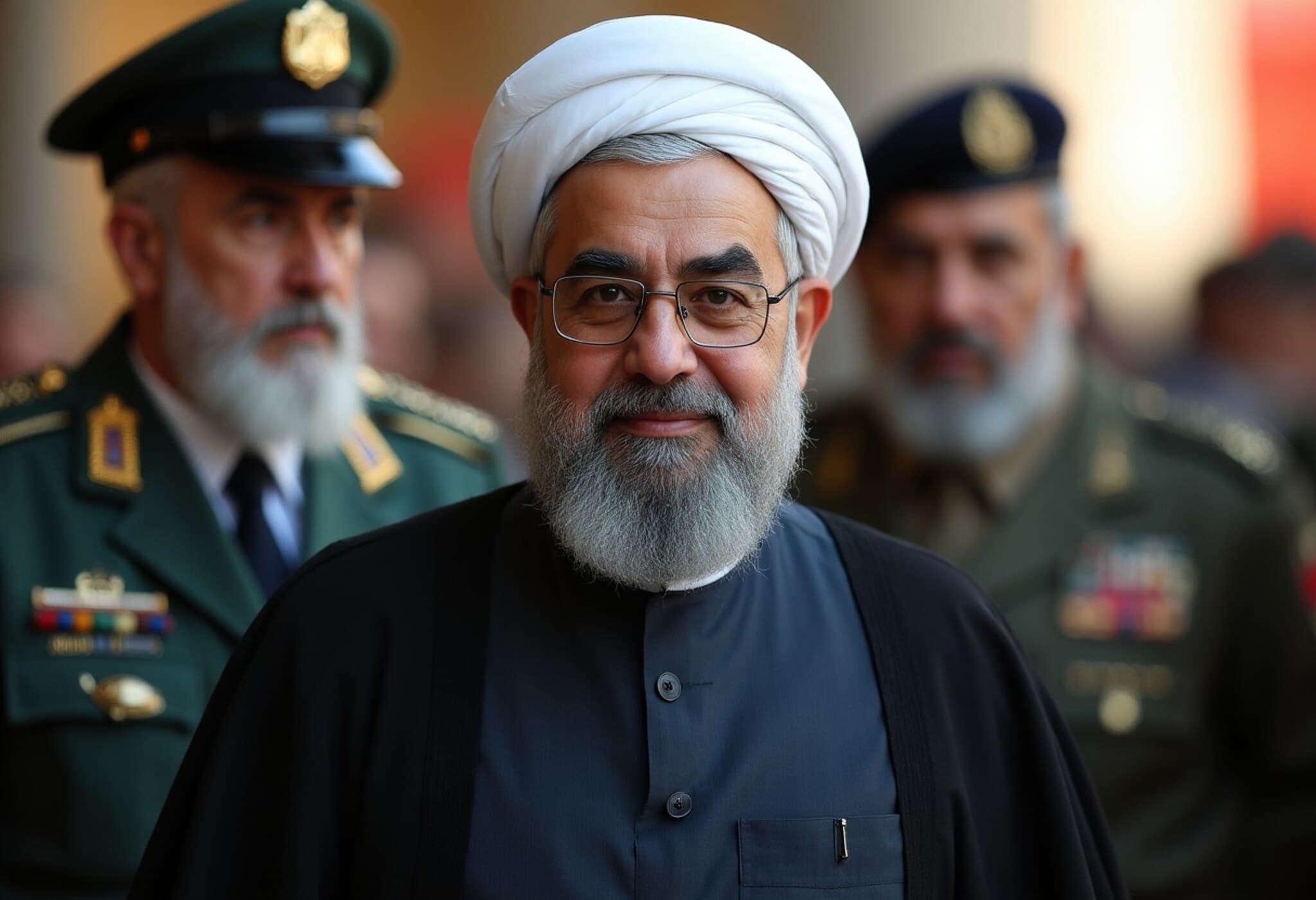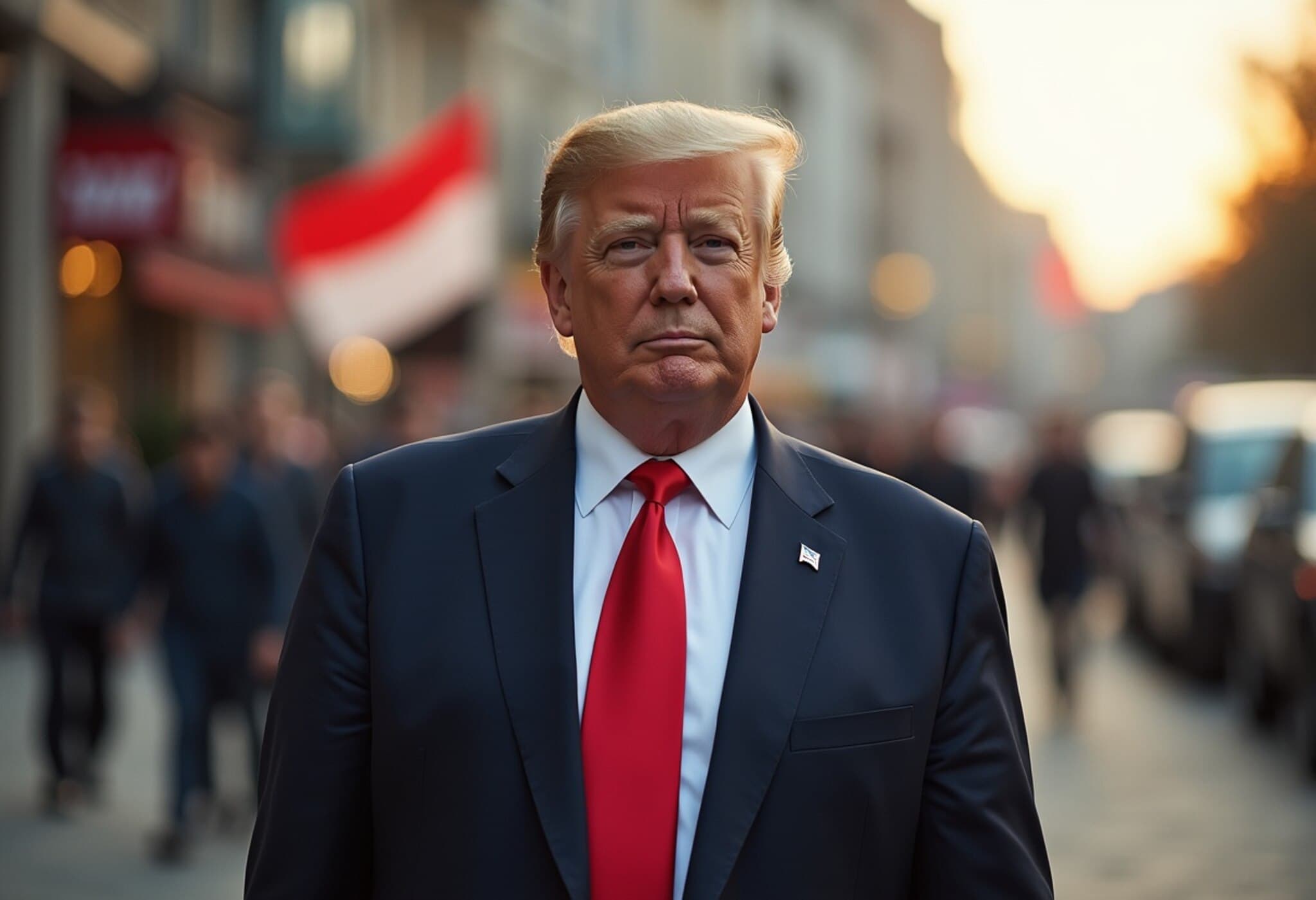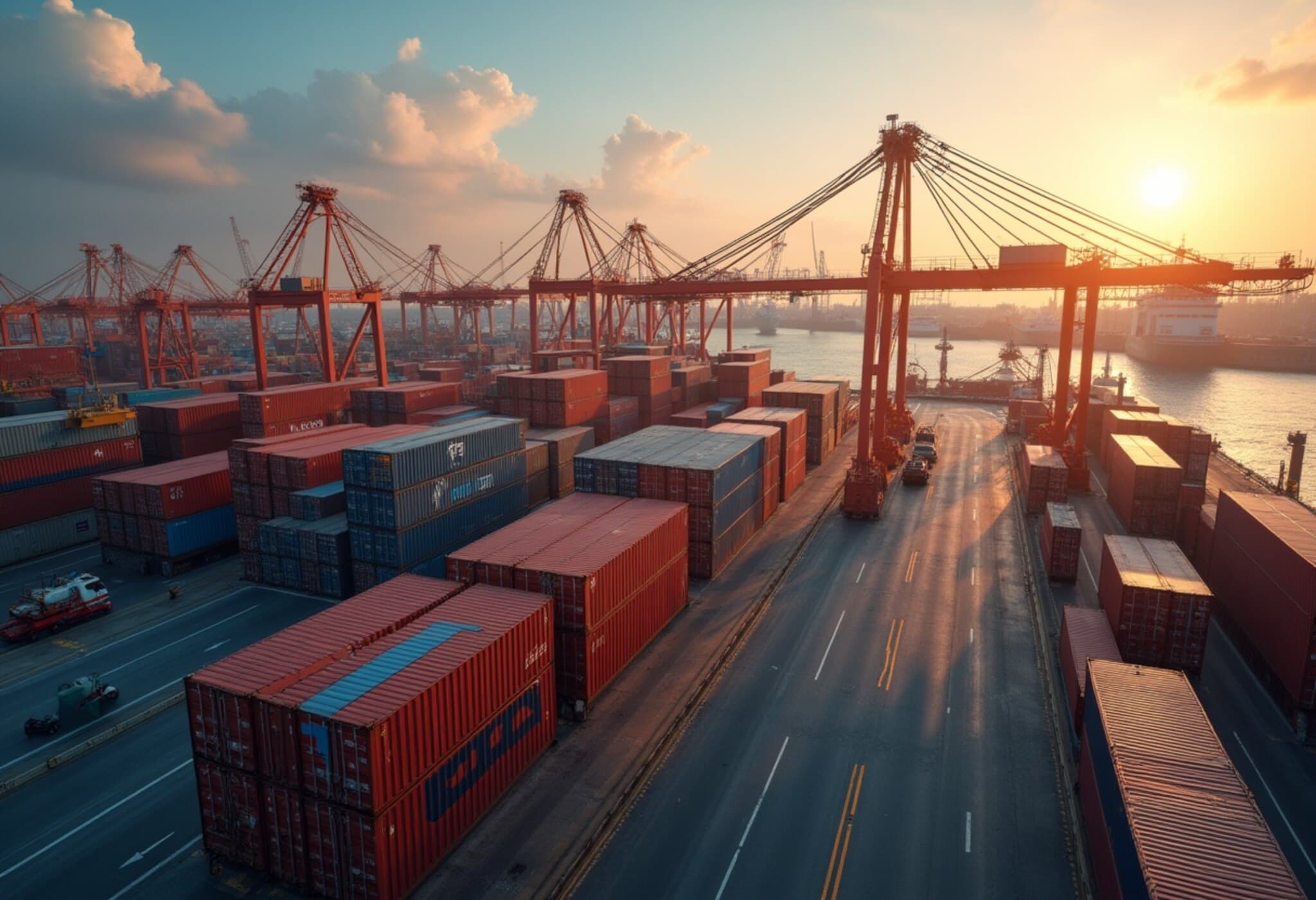UAE and Russia Cement Economic Partnership Through Ambitious Trade Goals
In a significant development underscoring shifting geopolitical alliances, United Arab Emirates (UAE) President Mohammed bin Zayed visited Moscow on August 7, 2025, for high-level talks with Russian President Vladimir Putin.
The central focus was clear: doubling bilateral trade between Russia and the UAE within the next five years. This move highlights the intensifying economic relationship between two nations navigating global tensions and sanctions, particularly as the UAE juggles its longstanding alliance with the United States against deepening ties with Russia.
Strategic Partnership Beyond Traditional Alliances
The UAE's leadership described the visit as part of a broader effort to fortify a "strategic partnership" encompassing economic, trade, investment, and energy sectors, alongside coordination on regional and international issues. Historically, the UAE has been a trusted U.S. military and intelligence partner. Yet, it has simultaneously emerged as Russia’s key economic anchor in the Middle East.
Trade volume between the two nations has surged impressively, from $2.6 billion pre-2022 to an estimated $11.5 billion in 2025, fueled largely by Russia’s pivot following Western sanctions imposed after the invasion of Ukraine. The UAE has become a hub for Russian expatriates, businesses, and capital seeking relief from sanctions and conscription laws back home, with approximately 4,000 Russian companies now operating within Emirati borders.
Balancing Acts in a Complex Geopolitical Chessboard
Anna Borshchevskaya, senior fellow at The Washington Institute, articulates the UAE’s nuanced stance: "The UAE aims to maintain a diversified and independent foreign policy, carefully balancing its relations between Russia, the United States, and China rather than taking sides outright."
This approach is especially noteworthy considering the announcement of an upcoming meeting between President Putin and former U.S. President Donald Trump to discuss ceasefire prospects in Ukraine—a diplomatic development coinciding with heightened scrutiny of the UAE's role in trading with Russia.
U.S. Concerns over Sanctions Evasion and Dual-Use Goods
The United States has expressed unease regarding the UAE’s facilitation of trade that potentially circumvents Western sanctions. The U.S. Treasury flagged UAE-based companies for transferring over $5 million worth of export-controlled American goods to Russia, including semiconductors capable of military applications.
Borshchevskaya explains, "The UAE’s role as a transit hub for dual-use goods—items with both civilian and military uses—directly contributes to sustaining Russia’s military efforts in Ukraine." Despite these concerns, Washington has strategically restrained from imposing harsh penalties, largely because of the UAE’s diplomatic role.
UAE as a Diplomatic Mediator Amid Conflict
A critical, often underreported aspect of the UAE’s stance is its role as a mediator between Moscow and Kyiv. Acting as a neutral facilitator, the UAE has brokered prisoner exchanges and communication channels, resulting in thousands of captives returning home amid the ongoing war.
This diplomatic balancing enhances the UAE's stature as a pragmatic power broker in the region, enabling it to navigate the complex dynamics without alienating key global players.
Economic Interdependence with the U.S. and Russia
Beyond the political realm, the UAE's vast economic ties with the United States bolster its strategic independence. Abu Dhabi has become an increasingly important investor and business hub in the U.S., with significant deals spanning multiple industries signed during Trump’s administration.
Hussein Ibish of the Arab Gulf States Institute notes that while this balancing act creates tension, particularly regarding Russia, it remains manageable for the moment. However, the specter of secondary U.S. sanctions tied to Ukraine ceasefire deadlines could challenge this equilibrium, pressing the UAE to coordinate its responses carefully.
Looking Ahead: UAE’s Independent Foreign Policy Calculus
Experts like Michael Rubin from the American Enterprise Institute argue that the UAE is redefining its foreign policy ethos. "The UAE no longer engages in broad international coalitions just for the sake of alignment," Rubin observes. "Instead, it evaluates its decisions solely through the prism of national interest, eschewing dependence on any single global power."
This posture indicates that President Mohammed bin Zayed’s administration will likely continue navigating a delicate path—maintaining strong ties with Washington for security needs while expanding economic links with Moscow to secure diversified growth.
Editor’s Note
The evolving Russia-UAE relationship exemplifies how Middle Eastern states are recalibrating their foreign policies amidst global power shifts. While economic pragmatism and diplomatic mediation remain central, this development raises pressing questions about the efficacy of sanctions regimes and the United States’ strategies for balancing its alliances.
For American policymakers, the UAE’s strategic independence signals a need for nuanced engagement rather than punitive measures. Likewise, investors and analysts should watch this partnership closely, as its success or fragility holds broader implications for regional stability and global energy markets.

